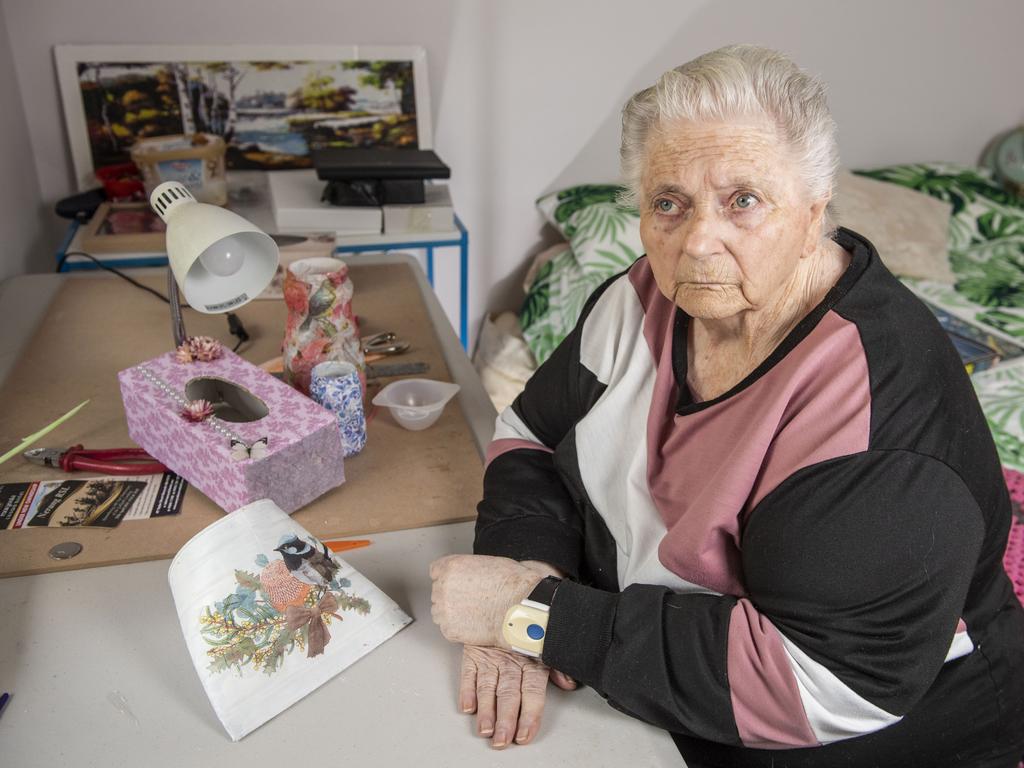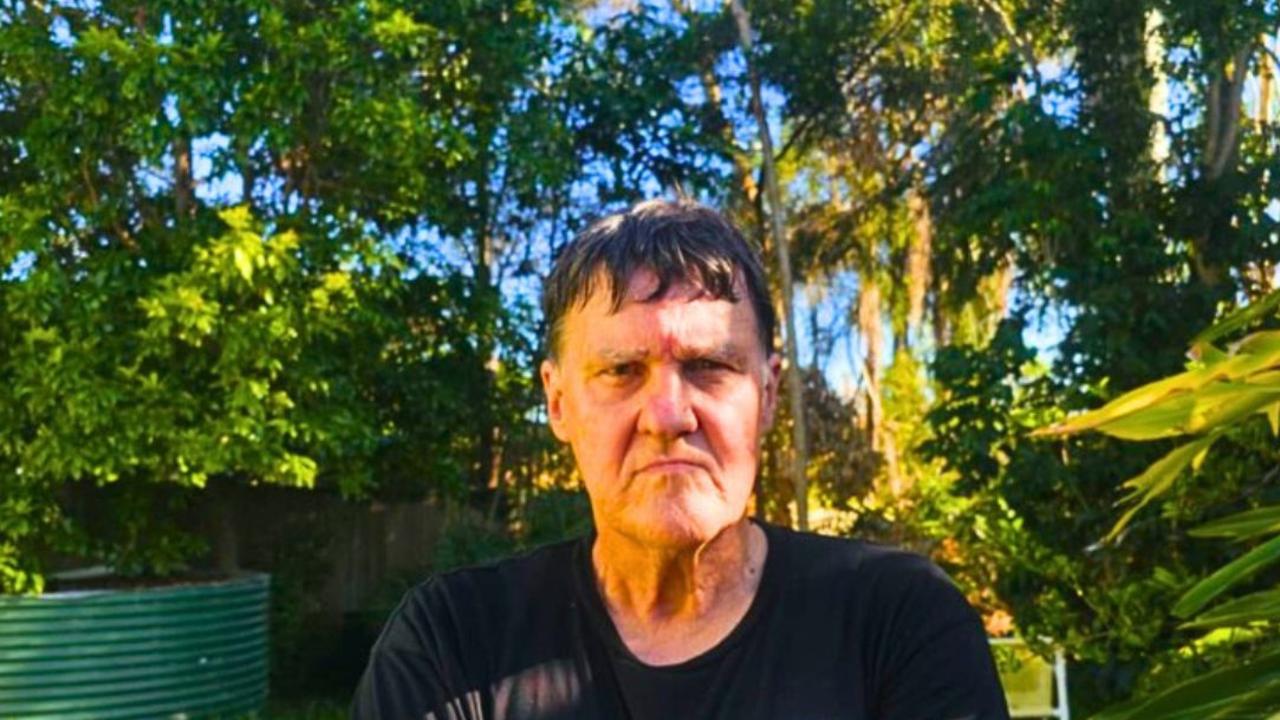Qld woman claims she had cardiac arrest after moving from insulin to Ozempic
A Queensland woman claims she nearly died from a heart attack just days after taking a blockbuster weight loss drug that’s in high demand among celebrities.

QLD News
Don't miss out on the headlines from QLD News. Followed categories will be added to My News.
A Queensland woman claims she nearly died from a heart attack just days after taking the blockbuster weight loss drug Ozempic.
Heather Shute from Warwick has told The Sunday Mail that she was advised by her GP to stop taking insulin which she had relied on for 30 years and was switched to a high dose of the semaglutide drug.
Within days Ms Shute fell into a diabetic coma and suffered a cardiac arrest.
She now lives with heart failure.
Ms Shute, 76, has type 2 diabetes and claims her GP Dr Vahid Farahmand switched her medication without appropriate guidance from a treating endocrinologist and without tapering her previous medication and slowly increasing the doses of Ozempic.
She is planning to take legal action against the Warwick doctor who has had his medical registration restricted by The Australian Health Practitioner Regulation Agency (AHPRA) in relation to treating diabetes.
When the Sunday Mail contacted Dr Farahmand he said he didn’t want to comment other than to emphasise the claims are “rubbish” and he has been cleared by AHPRA.
But AHPRA has confirmed that the doctor currently has restrictions.

Medical lawyer Karen Jarman from Slater and Gordon, the company representing Ms Shute’s case, said the medical profession is “getting caught up in the hype of” the Hollywood drug.
Ozempic has become a hot commodity and so much in demand by celebrities and the general population as a fast weight loss drug that diabetics have struggled to get their hands on the medication.
The injectable works to lower blood glucose but it also slows the motion and absorption of food from your gut and reduces appetite.
“Ms Shute was one of the people with type 2 diabetes who needed insulin. She almost died and the shock of having a heart attack has had a severe impact on her,” Ms Jarman said.
“Never mind that she had insulin withdrawn, people taking Ozempic should start with a dose of 0.25mg and then build up to 1mg over time. She was put on high dose from the start,” the lawyer said.
Ms Shute revealed that the high level dose made her feel very unwell with nausea and vomiting.
She returned to the GP feeling unwell the next day but the doctor did not see any cause for concern.

“He prescribed two other drugs Metformin and Jardiance (even though) and did not listen to me when I told him Metformin had previously made me unwell,” Ms Shute said.
“At the time I trusted what he advised because he was supposed to know what he was doing
“That morning, my daughter spoke to me on the phone and said I didn’t sound right so she drove from the Gold Coast to be with me.
“I went back to the same GP and he saw me reluctantly.
“He tapped me on the arm and said go home and didn’t even check my blood pressure.
“The next day, I went back again.
“The receptionist asked what did he do to you this morning and I said nothing. She said I’m ringing an ambulance.
“When they picked me up, I didn’t know what had happened.
“When I regained consciousness, my daughter and some doctors at Warwick Hospital were there explaining what happened and I was shocked.
“I was very weak and didn’t know if I was going to make it.”
Ms Shute required a team of diabetes and heart specialists at the Princess Alexandra Hospital in Brisbane to get her life back on track.
“They saved my life. The cardiac team told me what had happened had damaged my heart so badly. I have heart failure now and I’m on medication. I could have had stents put in but I was too fragile to have surgery then. I’ve had four other heart attacks since August 2021. It’s petrifying for my daughter,” she said.
Ms Jarman said that the health regulator had found the doctor’s after care was inadequate, with no assessment of ketone levels, no diabetic educator involvement and no escalation of care when Heather presented with worsening symptoms.
“His decision to completely remove insulin altogether and replace her treatment with new drugs all at once not only showed poor judgment but breached the duty of care doctors are required to provide for patients in failing to consult treating specialists and in failing to listen to the patient,” Ms Jarman said.
“GPs are expected to have basic and adequate knowledge of diabetes treatment plans and protocols,” she said.
The AHPRA conditions placed against Dr Farahmand’s medical registration in February include that he undertakes education to ensure he embeds requirements for specialist colleague consultation and patient diabetes best practice into his practice.
The AHPRA Board further proposed to impose mentoring conditions to ensure the doctor “understands his role within a diabetes treatment team, listens to the patients’ needs and is able to show insight and reflect on his performance and decision making”.
More Coverage
Originally published as Qld woman claims she had cardiac arrest after moving from insulin to Ozempic










